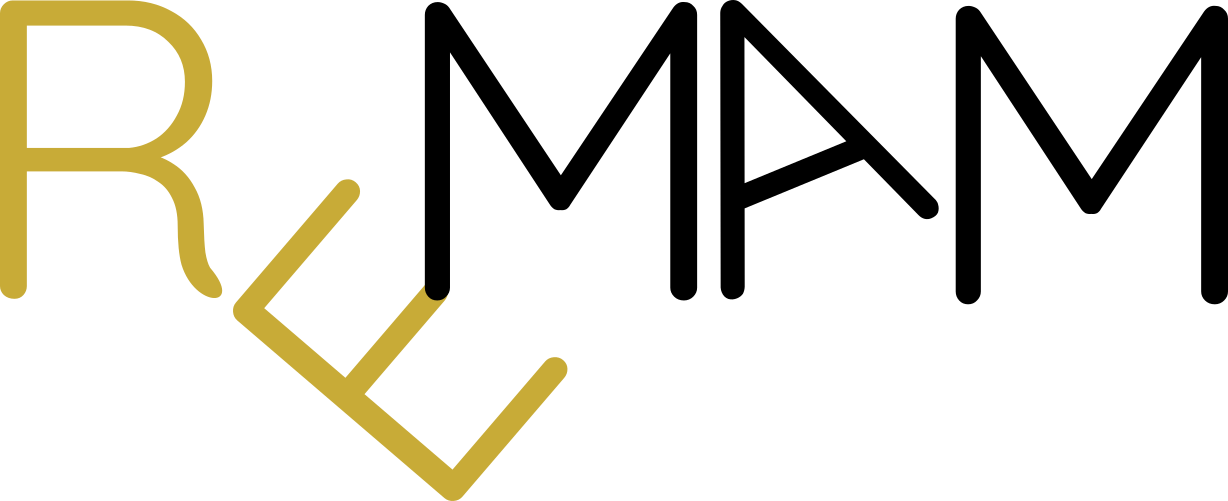The very last transnational project meeting combined with the learning teaching training activity of the REMAM project took place on 22 to 25 May in Bilbao hosted by the University of the Basque Country. Benefitting of the rare opportunity of having project partners physically present and the project almost concluded, we began the meeting with the status overview of all the intellectual outputs. The consortium was very pleased to note that both the book “Perspectives on Mentorship – Reinventing Mentoring in Arts and Creative Industries Management“ (IO1) and the REMAM Policy Paper (IO2) were successfully concluded and the interactive digital tool (IO3) in its final stage of development content and technical wise. As all the partners had contributed in creating content for the latter individually as well as within their local teams, the meeting now served the purpose of the leading partner of the IO3, Creative Mentorship to coordinate the work within the consortium by fitting the pits and parts into the big puzzle as well as establishing still missing parts. Naturally, the leading partner also gave the partners the overview on how the digital tool was going to visually look like and what kind of technical solutions they were to be used as it had been decided beforehand that, for the better maintenance and sustainability of the interactive toolkit, it was going to be included to the homepage of Creative Mentorship and not to the project homepage. The partners proposed that in addition to the interactive the material presented on the CM homepage, there would be separate, downloadable manuals/files for the Mentor, Mentee and Programme Coordinator making the material very easily approachable not just for the partners themselves, but for anyone else interested in creating or maintaining a mentorship programme.
The next day, Tuesday, 23.05, our hosts has organized a trip to San Sebastian mainly to visit the Tabakalera, an international centre for contemporary culture that welcomes and encourages collaborations between different cultural institutions and projects. Tabakalera supports the cultural and creative sector, contributes to developing Basque society’s creative and critical abilities, and fosters the availability and enjoyment of culture. As Tabakalera welcomes different institutions and entities working in the cultural sphere, we were given an overview of the place and its modus operandi. We got to know that Tabakalera is interested in companies, foundations, institutions, and other bodies to make a difference to the centre’s evolution and its activities. In turn, they create strategic and sustainable alliances to drive new methods of bringing together culture, the artistic community, and society. Therefore participation in their programme is open to companies of all sizes and types from diverse business areas.
After such inspirational training, we also had a chance to have a walk in the old town and were hosted by one of the local gastronomic societies to taste the delicacies of the traditional kitchen of the Basque Country.
On Wednesday, 24.05 we presented the REMAM project and its outputs to the members of the University of the Basque Country, their programme managers, master programme directors, researchers and other academic staff in order to introduce the already concluded book and policy paper, but also to get their feedback on the interactive tool to see if there was something that the consortium had not thought about, but could and should be included. The feedback as generally very positive leaving us under the impression that the hard work we all had done was useful and beneficial. The last session of the day was again about reflecting on and making the last, conclusive amendments on the content of the interactive tool.
The very last day, 25.05 was devoted to getting to know the local, very well established and effectively running mentorship programmes: Sara Simón Penas, Director of the Youth Business Spain introduced us their training methodology for mentors, the guiding protocol for mentees as well as the impact report of the Youth Business Spain mentoring programme in general. Inma Ramos presented us the Gaztenpresa programme experience in the Basque Country and its collaboration opportunities. The presentation by Sara Simón Penas is available here and by Inma Ramos here.
The session was concluded with a round table by two opposite, but not opposing views by Nagore Ardanza from the Bilbao PortLab mentoring programme, who shared with us her experience as a mentor, and by Oihane Pardo as a mentee while establishing her Amarenak project. It was very interesting to follow their discussion on the ups and downs of their mentorship process based on which it became very clear that for such starting businesses as Oihane Pardo’s Anarenak the support by a mentor with substantial experience in business sector was hugely beneficial. But most importantly, they both, not only the mentee, learned from the process and considered it beneficial also in many other spheres besides financial and business.
The whole session was concluded with discussing the next steps of the project – how to conclude the interactive tool as well as going over the managerial issues such as the last reporting deadline and content related questions.
The exact schedule of the whole event is available here.
